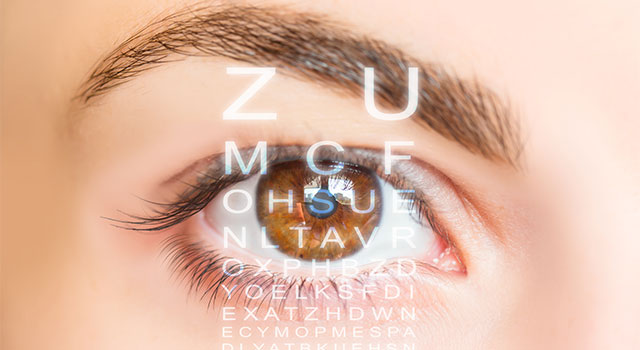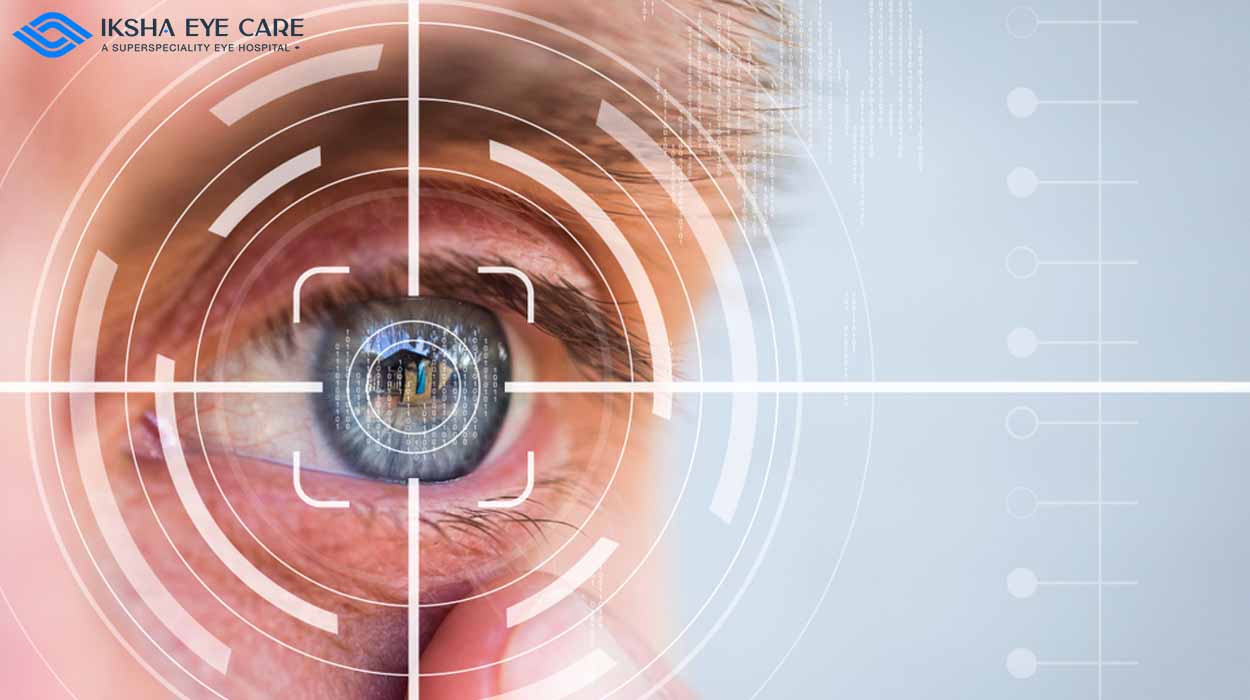Recognizing the Various Eye Conditions Dealt With by Specialized Eye Treatment Professionals
In the realm of eye care, specialized experts play an important duty in diagnosing and treating a large selection of eye conditions. From usual refractive mistakes that impact vision clarity to age-related problems that position difficulties as we get older, the proficiency of these experts reaches managing vision-threatening conditions and elaborate corneal problems. The complexities of neurological eye conditions present one-of-a-kind difficulties that demand specialized treatment. As we start this expedition of the various eye problems resolved by specialized eye treatment specialists, it ends up being evident that the complex internet of eye health holds a myriad of remarkable understandings waiting to be revealed.
Typical Refractive Mistakes
Refractive errors are typical aesthetic problems triggered by an imperfection in the eye's ability to appropriately concentrate light, leading to blurred vision. The most common sorts of refractive mistakes consist of myopia (nearsightedness), hyperopia (farsightedness), astigmatism, and presbyopia. Myopia takes place when the eyeball is as well long or the cornea is also rounded, triggering remote objects to appear blurred. Hyperopia, on the various other hand, occurs when the eyeball is too brief or the cornea is also level, leading to close-by items running out emphasis. Astigmatism is characterized by an irregularly designed cornea, leading to distorted or obscured vision in all ranges. Presbyopia is an age-related problem where the lens sheds its adaptability, making it challenging to concentrate on close items.
These refractive mistakes can be corrected with different approaches, including eyeglasses, call lenses, or refractive surgical procedure. Eye treatment professionals play an important duty in diagnosing and managing refractive errors to aid people achieve clearer vision and enhance their top quality of life.
Age-Related Eye Problems
One of the most common age-related eye problems is age-related macular deterioration (AMD), an illness that triggers main vision loss and can make tasks like reading and driving difficult. Cataracts, an additional common problem amongst older individuals, trigger clouding of the eye's all-natural lens, leading to blurred vision. Regular eye exams with specialized eye treatment specialists are critical for early detection and administration of these age-related eye conditions to protect vision and keep eye health as individuals expand older.
Vision-Threatening Illness
Vision-threatening diseases include a variety of significant eye conditions that have the possible to substantially impact a person's vision and overall aesthetic function. These conditions present a risk of irreversible vision loss if not promptly identified and treated by specialized eye treatment professionals. Some usual vision-threatening illness consist of glaucoma, diabetic retinopathy, age-related macular deterioration (AMD), and retinal detachment.
Glaucoma is a group of eye problems that damage the optic nerve, typically due to high intraocular stress, leading to peripheral vision loss and prospective loss of sight if left untreated. AMD is a modern problem influencing the macula, leading to central vision loss.
Early discovery, normal eye tests, and prompt intervention are vital in managing vision-threatening illness to protect sight and maintain high quality of life. Specialized eye treatment specialists play a vital role in diagnosing, treating, and handling these problems to stop irreversible vision loss.

Corneal Conditions
Corneal disorders encompass a spectrum of conditions that influence the clear front component of the eye, recognized as the cornea. more information Treatment for corneal disorders differs depending on the specific condition yet may consist of medicines, call lenses, or in serious cases, corneal transplants. Regular eye examinations are necessary for very early discovery and management of corneal disorders to protect vision and eye health look at this website and wellness.
Neurological Eye Problems
Neurological eye problems entail problems that impact the link in between the eyes and the mind, influencing visual handling and overall eye feature. These problems can manifest in numerous ways, impacting vision, eye movements, and even the sychronisation in between the eyes. One typical neurological eye problem is optic neuritis, characterized by inflammation of the optic nerve resulting in vision loss, color desaturation, and pain with eye movement.
Another significant condition is nystagmus, where the eyes make repetitive, unchecked activities, influencing aesthetic skill and deepness understanding. Furthermore, conditions like amblyopia, frequently referred to as "lazy eye," arise from uncommon aesthetic advancement in early childhood, resulting in reduced vision in one eye.
Neurological eye conditions call for customized care from professionals like neuro-ophthalmologists who have proficiency in both neurology and ophthalmology. Medical diagnosis usually entails a detailed eye evaluation, imaging studies, his response and collaboration with specialists to attend to the underlying neurological issues affecting the aesthetic system. Treatment approaches can consist of medicine, vision therapy, or in extreme situations, surgical treatments to handle these complex problems efficiently.

Final Thought
Finally, specialized eye care specialists treat a wide variety of eye conditions, including usual refractive mistakes, age-related eye conditions, vision-threatening diseases, corneal conditions, and neurological eye problems - refractive surgeries in al. By recognizing these numerous problems and looking for suitable therapy from eye treatment specialists, individuals can keep optimum eye health and wellness and vision. It is essential to focus on routine eye evaluations and comply with advised treatment plans to maintain and safeguard one's vision for the future